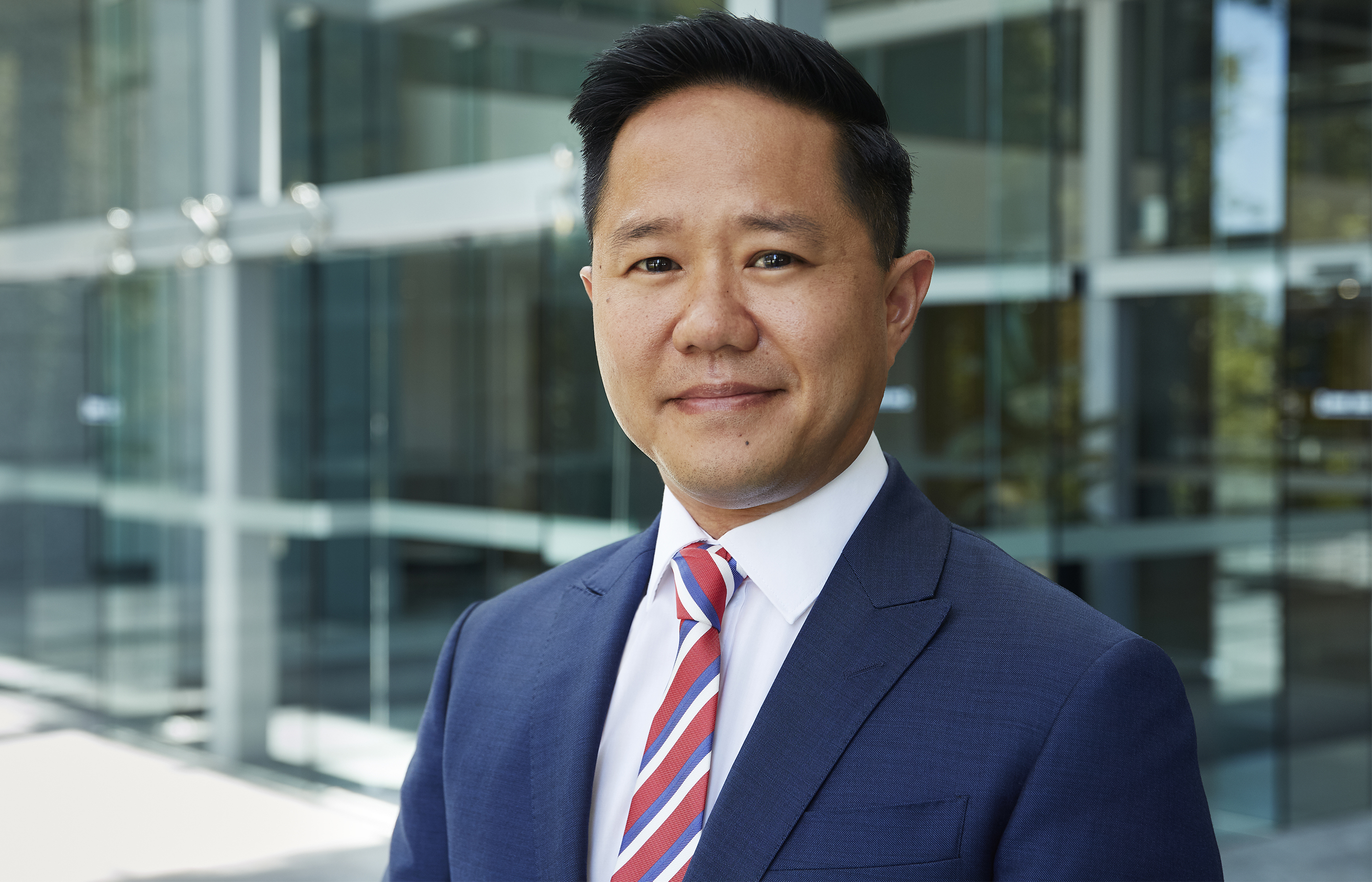In the recent case of Ball v Jeremy Joseph Nipps as liquidator of Ochre Group Holdings Ltd (In Liquidation),1 the Supreme Court of Western Australia considered an unusual application by three former directors of Ochre Group Holding Ltd (In Liquidation) (Ochre) for orders revoking the liquidator’s rejection of their proofs of debt and requiring the liquidator to call a meeting of creditors to vote on a resolution to remove the liquidator.
The application was unusual in that by the time of the hearing, two of the directors had consented to their applications being dismissed, and the third director had ceased all communication with the liquidator and the Court and failed to attend the hearing.
In dealing with the matter, Justice Strk carefully considered the Court’s power to proceed with a hearing in the absence of the moving party, before providing a useful refresher of the principles for contesting a liquidator’s adjudication of a proof of debt.
Ochre was an unlisted public company that was incorporated on 5 October 1978 (at that time under the name Stirling Petroleum NL). On 14 October 2020, the members of Ochre resolved to place Ochre into liquidation.
On 24 March 2023, three former directors of Ochre, namely Mr Ball, Mr Deliu and Mr Sumarya, filed an originating process in the WA Supreme Court seeking relief under regulation 5.6.54(2) of the Corporations Regulations 2001 (Cth) (Regulations) and section 90-15 of the Insolvency Practice Schedule (Corporations) (Schedule 2 to the Corporations Act 2001 (Cth) (Act)) for orders to:
Subsequently, on 15 August 2023, Mr Ball and Mr Deliu consented to the dismissal of their applications.
However, the resolution of the application by Mr Sumarya was complicated by Mr Sumarya’s lack of participation in the application (and in other processes initiated by the Liquidator), and his failure to attend the hearing of that application. The following matters were noted by the Court:
As a preliminary matter, Strk J considered the following two points.
First, did Order 58 rule 22 of the Rules of the Supreme Court 1971 (WA) (Rules) apply such that the Court could proceed with a substantive hearing of Mr Sumarya’s application in his absence. For the purposes of this paper it is sufficient to note that O 58 r 22 of the Rules provides that the Court can proceed with a hearing in the absence of a party to an originating summons if the Court thinks that it is expedient to do so.
As to this first point, Strk J found that:
Secondly, should the Court instead make a springing order under O 4A r 23 of the Rules, giving Mr Sumarya a final chance to engage on his application but providing that if this was not done, the matter would be placed on the Inactive Cases list and then be automatically dismissed after a further 6 months. This point was opposed by the Liquidator.
As to this second point, Strk J found that a springing order should not be made and that it was more appropriate that the hearing proceed in Mr Sumarya’s absence given the opportunities already afforded to Mr Sumarya to be heard, the further delay and uncertainty that would arise under a springing order, and the merits of Mr Sumarya’s application.
Strk J then proceeded to a determination of Mr Sumarya’s application.
Regulation 5.6.54(2) of the Regulations provides that a person may appeal against the rejection of a formal proof of debt or claim within the time specified in the notice of the grounds of rejection or, if the Court allows, any further period.
Strk J considered a number of the leading authorities in this area and reaffirmed that:
As to Mr Sumarya’s application, Strk J held that while Mr Sumarya had standing to appeal against the rejection and did so within time, there was insufficient evidence before the Court to discharge Mr Sumarya’s onus to show that the Liquidator’s adjudication was wrong.
Her Honour noted that while the Court had seen a deed of acknowledgment of debt, which on its face acknowledged that Mr Sumarya was a creditor of Ochre, the following matters weighed heavily against Mr Sumarya’s appeal to revoke the rejection of his proof of debt:
Given these matters, the Court dismissed Mr Sumarya’s application, and Mr Sumarya was ordered to pay the Liquidator’s costs.
This unusual case confirms that the Court can proceed to hear and determine an application governed by the Corporations Rules in the absence of a party to the application (including a plaintiff) if the Court thinks that it is expedient to do so.
Justice Strk’s decision also provides a helpful outline of the matters to be considered in a creditor’s appeal against a liquidator’s adjudication on a proof of debt, and highlights the onus on the appealing creditor to prove that the liquidator’s decision was wrong.
If you have any questions regarding this case, or in relation to an appeal against a liquidator’s adjudication on a proof of debt, the experienced Lavan team is here to help.



[1] [2023] WASC 348.